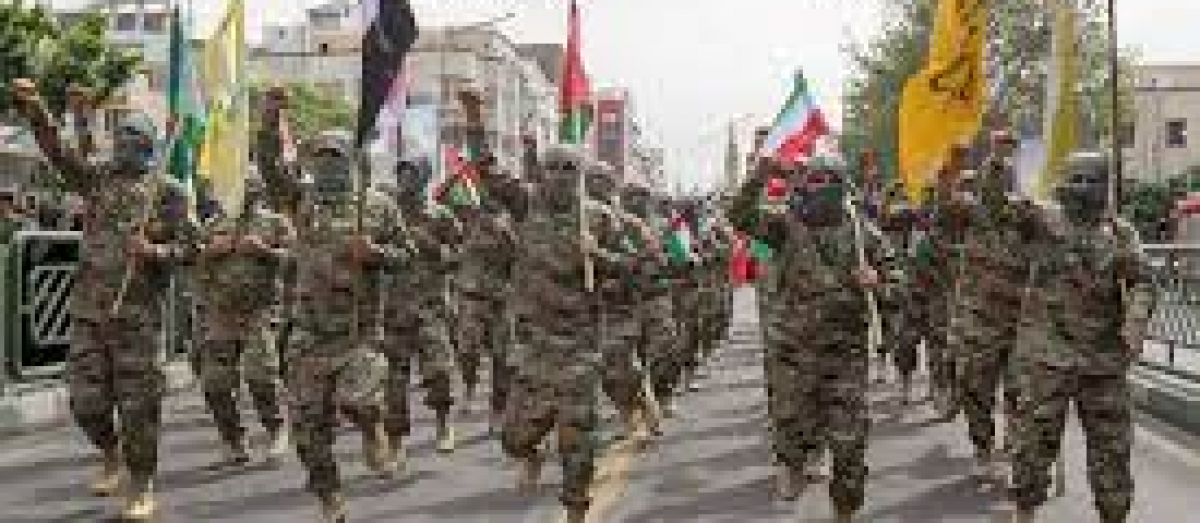Political Dimensions:

Hezbollah operates as both a political party and a military organization, making it a unique and complex entity. Its political wing engages in Lebanon’s democratic processes, participating in parliamentary elections and holding seats in the government. The group’s political activities include the provision of social services such as education, healthcare, and welfare, especially in Shiite-dominated areas. This has contributed to its popularity among certain communities, creating a strong support base.
Hezbollah’s political objectives include the resistance against foreign intervention and the defense of Lebanese sovereignty. It positions itself as a defender of Lebanon against Israeli aggression and has played a significant role in shaping the country’s domestic politics. However, critics argue that its dual role as both a political and military entity poses challenges to Lebanon’s stability and sovereignty.
Military Dimensions:
Hezbollah’s military wing is well-equipped and highly trained, making it a formidable force in the region. Initially formed as a resistance movement against the Israeli occupation of Lebanon, the military arm has since evolved into a powerful entity capable of conducting guerrilla warfare and launching rocket attacks.
Hezbollah’s military activities extend beyond Lebanon’s borders. The group has engaged in conflicts with Israel, most notably during the 2006 Lebanon War. Its involvement in the Syrian Civil War in support of the Assad regime further highlights its regional military influence. The military dimension of Hezbollah is often viewed as a significant factor in shaping the balance of power in the Middle East.
Complex Relationships with Regional Actors:
Hezbollah’s alliances and relationships with regional actors are a key aspect of its geopolitical impact. The group is closely aligned with Iran, which provides it with financial, military, and political support. This alliance has positioned Hezbollah as a crucial proxy for Iranian influence in the region. Additionally, Hezbollah has historical ties with Syria, particularly during the Lebanese Civil War, although its involvement in the Syrian conflict has caused internal divisions within Lebanon.
Hezbollah’s support for other Shiite militias in Iraq and Yemen further extends its influence across the region. These relationships contribute to the broader geopolitical dynamics of the Middle East, with the organization acting as a key player in the ongoing regional power struggles.
Far-reaching Implications for Geopolitics:
Hezbollah’s activities have far-reaching implications for the geopolitics of the Middle East. Its resistance against Israel and support for Palestinian causes resonate with many in the Arab world, gaining it both support and opposition. The group’s military capabilities and regional alliances contribute to the overall power dynamics, impacting conflicts and alliances in the broader Middle East.
Hezbollah’s involvement in conflicts beyond Lebanon, particularly in Syria, has drawn international attention and sparked concerns about its role in regional instability. The group’s designation as a terrorist organization by various countries underscores the complexity of its relationships and the challenges it poses to regional stability.
In summary, Hezbollah’s political and military dimensions, coupled with its intricate alliances and activities, make it a significant player in the complex geopolitics of the Middle East, influencing regional dynamics and contributing to the ongoing struggles in the region.



